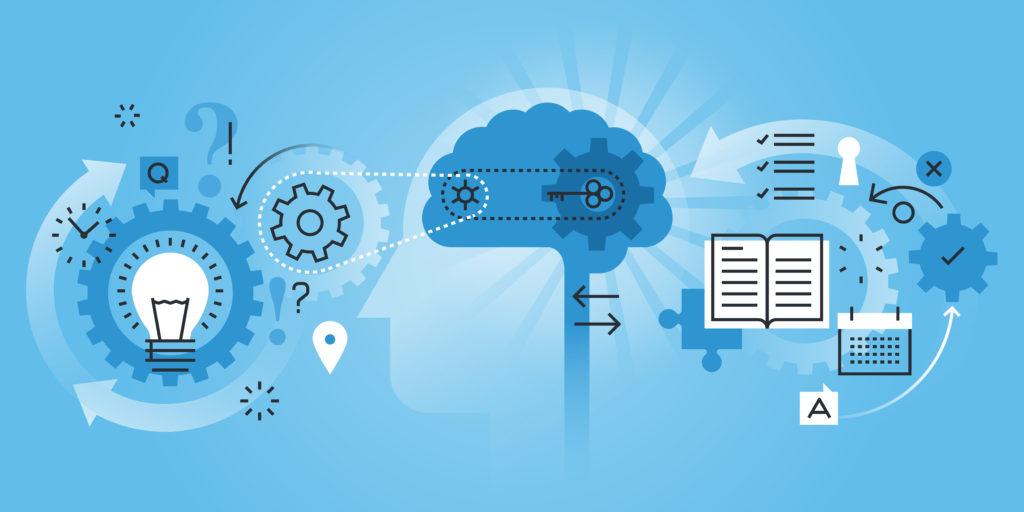As Covid-19 took over the world and fundamentally changed the ways in which we interact and live our lives, businesses grappled with unprecedented challenges to stay afloat and adjust to the new reality. Many universities and companies had to shut their doors and move their courses online without any certainty of when they can re-open. Industries such as sports, cookery and heavy machinery, traditionally relying on face-to-face training, quickly followed suit and shifted to elearning.
The online education industry has seen steady growth in the past few decades, however, the pandemic has accelerated the appetite and adoption of elearning. A report by Udemy, for example, shows that since March the platform has seen 425% increase in enrollments from consumers and 80% from businesses and governments.
However, the increase in online education poses new challenges for businesses and educational institutions. For one, a high enrollment rate doesn’t mean high completion rate. In fact, studies have shown that online courses can have 40-80% dropout rate for a variety of technical and motivational reasons. Another challenge is the effectiveness of linear online learning where individual student needs and level of competency can vary significantly.
A possible solution to both problems can come from an existing, yet fast-evolving technology.
A Game-Changer in Online Education

Adaptive learning has become ever more sophisticated with its use of algorithms and machine learning to personalize the learner experience and offer the right piece of content at the right time. Studies show that courses that adopt an adaptive learning courseware see an increase in student retention rate, course passing rate as well as overall student satisfaction.
Another study by Research and Markets shows that the adaptive learning industry is expected to almost triple in the next five years from $1.9 billion in 2020 to $5.3 billion in 2025. This doesn’t account for the tectonic changes brought on by the pandemic which is expected to further increase adoption.
All of these are important factors when designing courses in this new landscape. The benefits from adaptive learning don’t end with improved completion and pass rates. In fact, adaptive learning can become instrumental in the post-pandemic world where both businesses and individuals will look for efficient ways to recover and get up and running as soon as possible.
Here are three major ways in which adaptive learning can change how we learn in the future:
- Improved Upskilling – as hundreds of thousands of people have been furloughed and many more millions have been made redundant, people are looking for ways to upgrade their skill set and penetrate new, thriving industries. Online education providers can capitalise on this by offering personalized learning experience which will quickly address their knowledge gaps and allow them to learn in a way that fits them best.
- Better ROI – online education is hailed as the best cost-cutting exercise in corporate learning, however, with high dropout rates and low retention, one-size-fits-all approach can quickly become just as expensive. Businesses battered by the effects of the pandemic will be cost-sensitive and looking for maximum return on investment from any purchase. Adaptive learning can be an affordable and a proven way to make sure employees are getting the training they need, when they need it.
- A Competitive Edge – with the proliferation of online courses and the continuous drop in cost of course creation, businesses and educational institutions face the challenge of keeping their courses visible. Learners today are spoiled for choice with online learning platforms offering gamification, virtual and augmented reality and micro-learning as ways to win their business. Adaptive learning can serve as a differentiator in this space by allowing businesses to offer a unique learning experience that will resonate with each individual learner.
The pandemic has been a massive disruptor in almost every industry and it’s difficult to know what the future of learning holds. However, remote work and economic shifts mean that both businesses and individuals will need to become smarter and better at what and how they learn if they want to remain competitive. Adaptive learning is perfectly positioned to respond to this changing need at the faction of the cost of traditional learning
